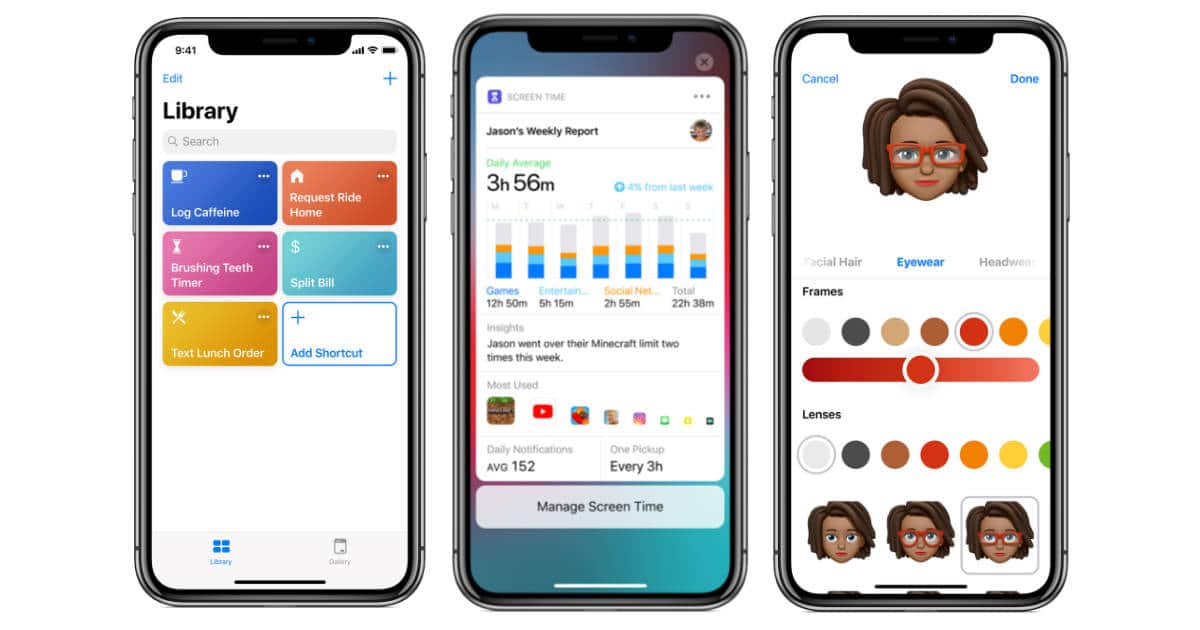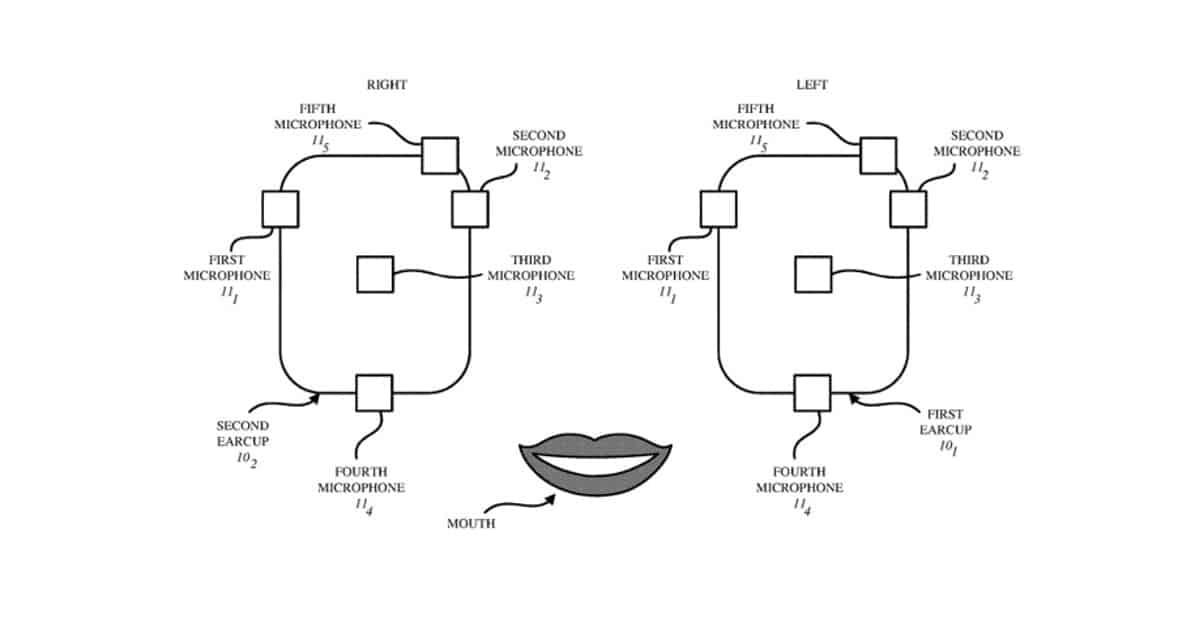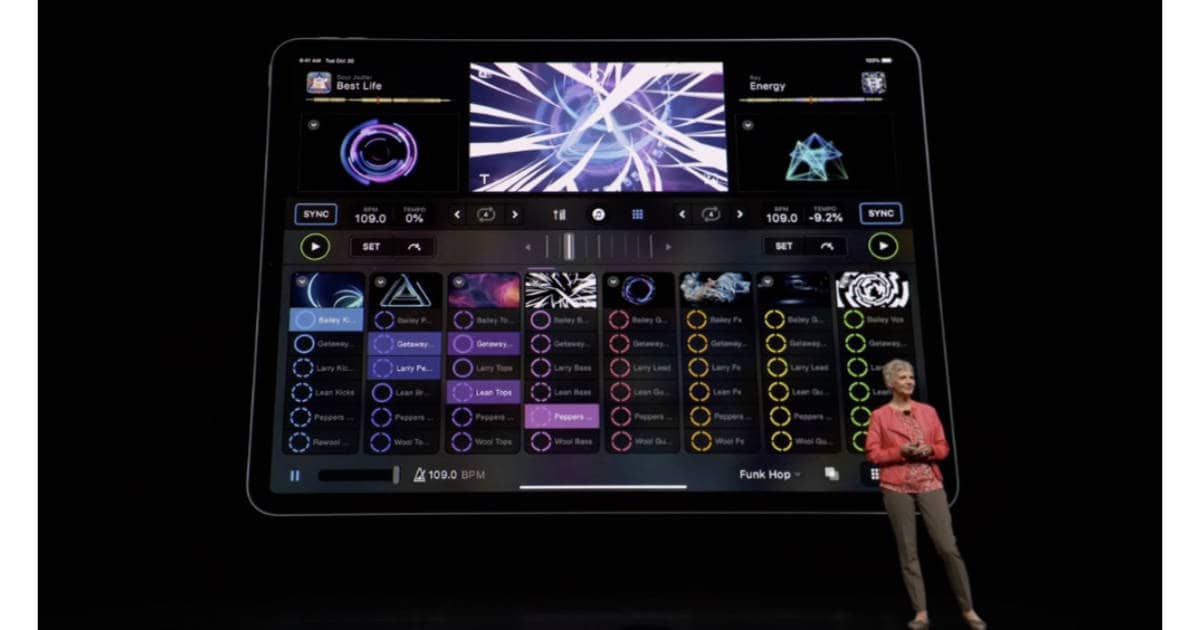Following much speculation and political lobbying, Amazon revealed on Tuesday that it will open its second headquarters in Crystal City in Virginia and New York City. Furthermore, Amazon announced that Nashville will be the base for its new Center of Excellence for its Operations business. The center will be responsible for the company’s customer fulfillment, transportation, supply chain and related tasks. The Washington Post outlined the significance of the decision for the places that the online retail behemoth has selected:
The choice of Crystal City in Arlington County as one of the winners cements Northern Virginia’s reputation as a magnet for business and potentially reshape the Washington region into an eastern outpost of Silicon Valley over the next decade.







